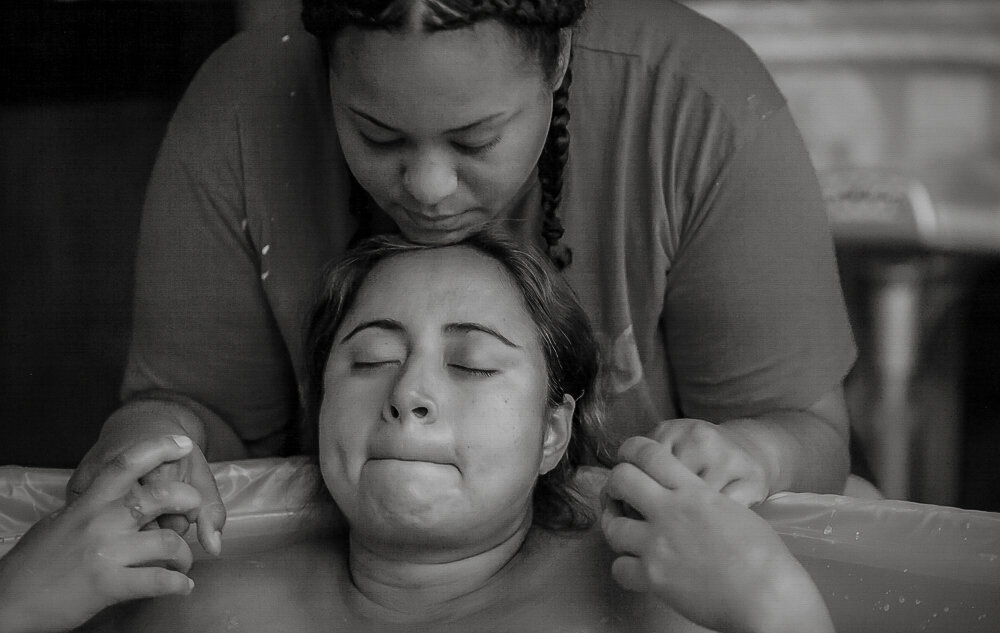Birth Justice is a movement that believes when birthing people recognize their innate power to make the best health decisions for themselves and their families during all stages of the pregnancy, birth, and the post-birth period, that power will have a transformational impact on their family and community.

The long history of trauma and reproductive oppression that Black communities and other underserved groups have experienced is the constant force that drives and shapes the Birth Justice movement. To challenge systems of oppression, such as racism and sexism in reproductive care, Birth Justice advocates for culturally-appropriate, person-centered care while challenging disrespectful care. It also supports the sharing of knowledge amongst communities and improves access to breastfeeding support and traditional birth-workers, such as midwives and doulas.
This definition is inspired by the work of Black Women’s Birth Justice, Southern Birth Justice and SisterSong.
Birth Justice is a component of the reproductive justice framework. In 1994, a dozen Black women met at pro-choice confence in Chicago and constructed the concept of reproductive justice. Led by visionaries, such as Loretta J. Ross, Lynn Roberts, Erika Derkas, Whitney Peoples, and Pamela Bridgewater, reproductive justice was a direct response to the intersectional systems of power and oppression that often prevented the attainment of full health.
Learn More
Read more about Birth Justice:
What is birth Justice? – Black Women’s Birthing Justice
Birth Justice – Evidence Based Birth